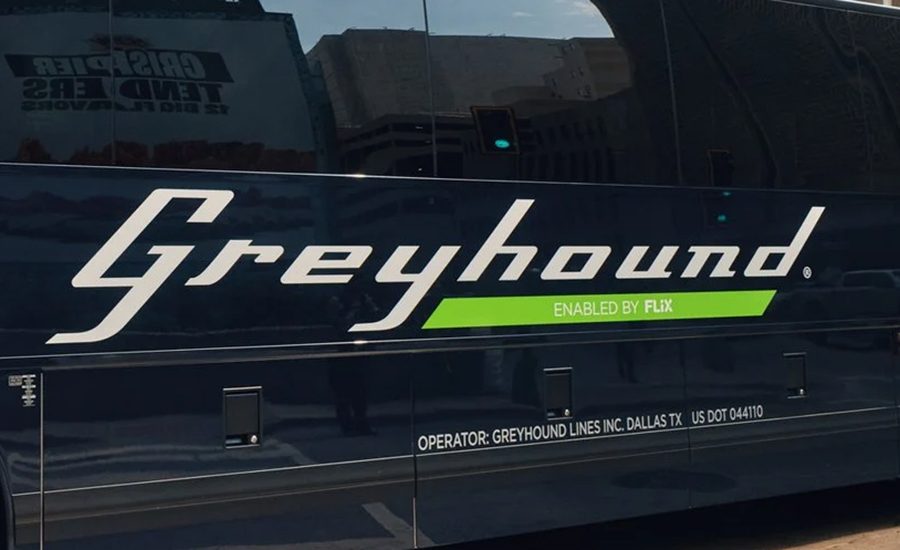Chicago May Purchase and Renovate Downtown Greyhound Bus Terminal

With the future of Greyhound’s downtown bus terminal in peril, Chicago Mayor Brandon Johnson’s administration intends to purchase and renovate the station, according to a Chicago alderman who’s not pleased with what he calls a lack of transparency regarding the possible $50-million expenditure.
It is estimated that the city would spend $19 million to purchase the station at 630 W. Harrison Street and use the remainder for renovating the facility, which is owned by Connecticut-based Twenty Lake Holdings, the real estate division of private equity firm Alden Global Capital. The station’s future has been in jeopardy since August 2024 when a lease by Flix, the company that owns Greyhound, expired.
“Like many other U.S. bus stations, this station is at risk of being closed in the wake of a recent announcement by the private company owning the site that it is for sale,” a 2024 report by DePaul University’s Chaddick Institute for Metropolitan Development states.
The report notes that in December 2023 the 88,000-sq-ft station was sold to Twenty Lake Holdings, which in turn hired CBRE to position the property for sale.
“A report indicates that the site could accommodate two towers catering to a strong market for residential apartments,” the report notes.
Neither Flix nor Twenty Lake Holdings responded to requests for comment.
Ald. Bill Conway (34th ward) said he discovered the planned purchase while combing through a list of planned tax increment financing expenditures for his ward, which is where the station is located.
“It shouldn’t take a scavenger hunt through a spreadsheet for the Mayor to admit he’s giving $50 million in taxpayer money to a private equity firm while working people are getting hit again with increasing taxes and fees. This bus station is important, and it would be foolish to trust this administration will get the deal done when they hid it from taxpayers in the first place,” Conway said in a statement.
Tax Increment Financing (TIF) is a tool cities use to spur development in struggling areas. When a TIF district is created, property taxes are frozen at a base level. As property values rise, the extra tax revenue—the “increment”—goes into a TIF fund instead of the general budget. That fund pays for improvements like infrastructure, cleanup or development incentives to attract private investment within the TIF. Critics say TIFS divert property taxes from other entities, such as schools, counties and parks, that rely on them.
It is estimated that the terminal handles 55 buses daily and is a connecting point for travel involving several dozen bus lines across the United States. It serves around 500,000 passengers a year.
“These travelers would suffer if operations shifted to a curbside spot without a secure, climate-controlled waiting room,” the Chaddick Institute notes.
Johnson did not reply to requests for comment on the planned purchase.
The post "Chicago May Purchase and Renovate Downtown Greyhound Bus Terminal" appeared first on Consulting-Specifying Engineer

